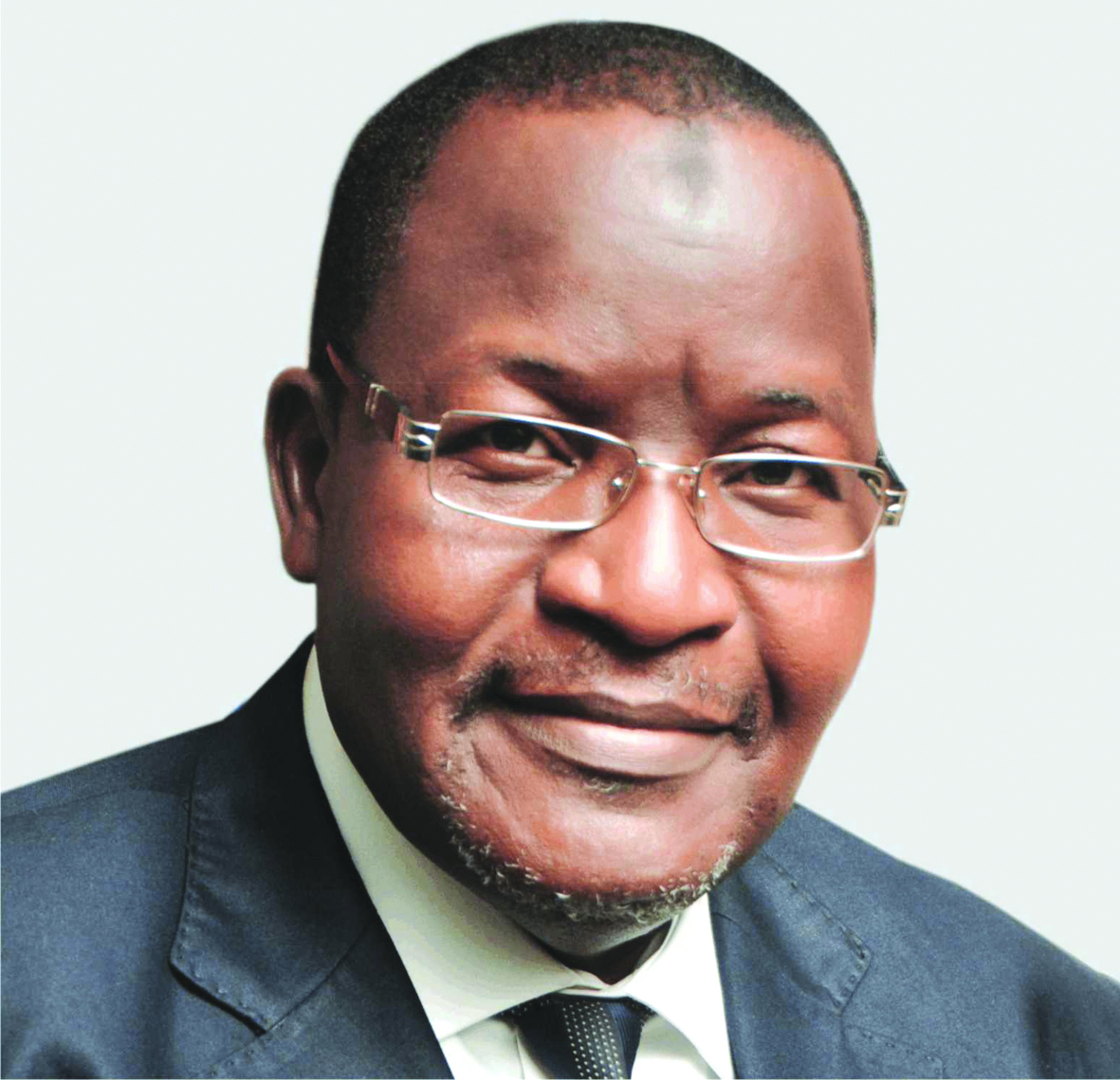
Professor Umar Garba Danbatta, Executive Vice Chairman and Chief Executive Officer of the Nigerian Communications Commission, unveils his eight-point agenda for regulatory excellence and operational efficiency in the Nigerian information and communication technology industry
By Dike Onwuamaeze
Professor Umar Garba Danbatta, Executive Vice Chairman and Chief Executive Officer of the Nigerian Communications Commission (NCC), was on a familiar turf on Wednesday, January 27. The event was an international press conference held at the Sheraton Hotel, Lagos, to unveil Danbatta’s eight-point agenda for the Nigerian information and communication technology industry.
The erudite scholar’s vision for the NCC is premised on availability, accessibility and affordability of service and revolves around an ideological shift in the creation of structures for social benefits and inclusiveness for national development.
It entails the facilitation of broadband penetration through the provision and optimisation of access to affordable mobile broadband in Nigeria. It focuses on the improvement of quality of service by promoting the availability of reliable, interoperable and rapidly restorable critical ICT infrastructure that are supportive of all required services as well as the optimisation of usage and benefits of spectrum through the development of flexible market-oriented spectrum regulation policies.
Also, the vision includes the promotion of ICT innovation and investment opportunities in ways that improve the country’s ability to compete in the global economy through increased investment in small and medium-sized enterprises (SMEs) for the delivery of new business breakthrough. Moreover, the agenda would facilitate strategic collaboration that would develop effective partnership with relevant stakeholders. The goal of this collaboration is to create synergy with government MDAs, communities and relevant local and international non-state actors to promote the use of ICT services to improve agriculture, healthcare delivery, education and security in a manner that would bring sustainable economic development and social advancement.
Furthermore, the agenda is designed to protect consumers from unfair practices by empowering them with information and education they require to make informed choices in the use of ICT services. Other elements of the agenda include the promotion of fair competition and inclusive growth through innovative ways that can attract investment, job creation and consumer satisfaction as well as ensuring regulatory excellence and operational efficiency.
The eight-point agenda would serve as the commission’s strategic vision from 2016 till 2020. The Professor of Electrical Engineering at the Bayero University Kano was upbeat about the capacity of the vision to take NCC and ICT penetration in Nigeria to the next level. “I am confident that this final output is a good roadmap to guide our operations in the commission for the next five years,” Danbatta said.
He added, that its overall objective is “to promote innovation, investment, competition and consumer empowerment in the communications platforms of today and maximise the power of information and communication technology to grow our economy, create jobs and enhance national competitiveness through the deployment of broadband infrastructure to facilitate rollout of broadband services that will hold out opportunities and higher network quality of service for all Nigerians.”
He assured that the commission would always act responsibly, impartially, transparently and independently in the discharge of its statutory functions for the common good of all.


